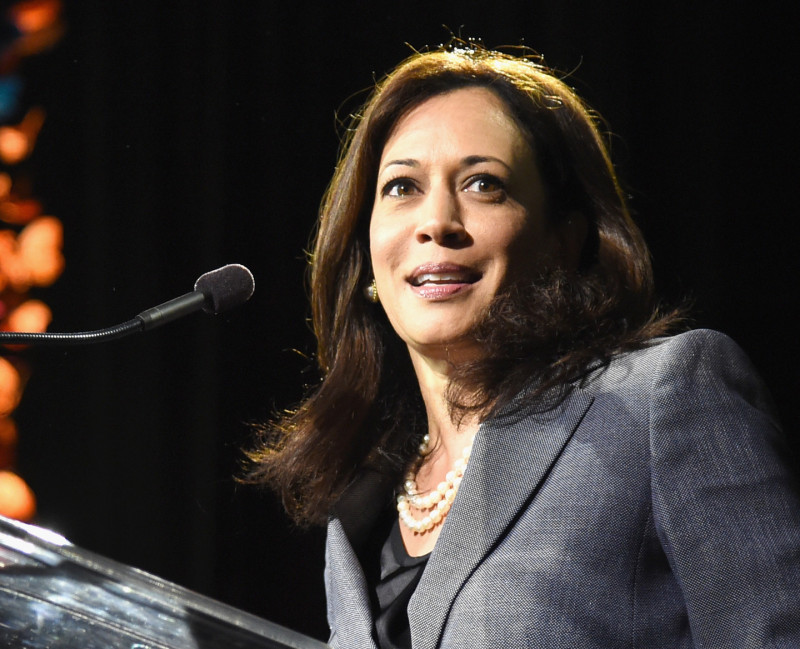When state Attorney General Kamala Harris issued a statement Wednesday indicating that she would ask a court to allow her to ignore a proposed anti-gay ballot measure, legal experts I talked to scoffed.
When asked about Harris' efforts to avoid writing the ballot title and summary for the "Sodomite Suppression Act," some election law experts expressed doubt.
"It's generally not seen as discretionary to write the title and summary," said Rick Hasen of UC Irvine Law School. "You can't just deny it on grounds that it's unconstitutional," which the proposed ballot measure clearly is.
Among other things, the ballot measure would fine people $1 million each time they promoted "sodomistic propaganda," for good measure adding that the offender should get "imprisonment up to 10 years, and/or (be) expelled from the boundaries of the state of California for up to life."
Think that's crazy? There's also this: Anyone who "willingly touches another person of the same gender for purposes of sexual gratification be put to death by bullets to the head or by any other convenient method."

